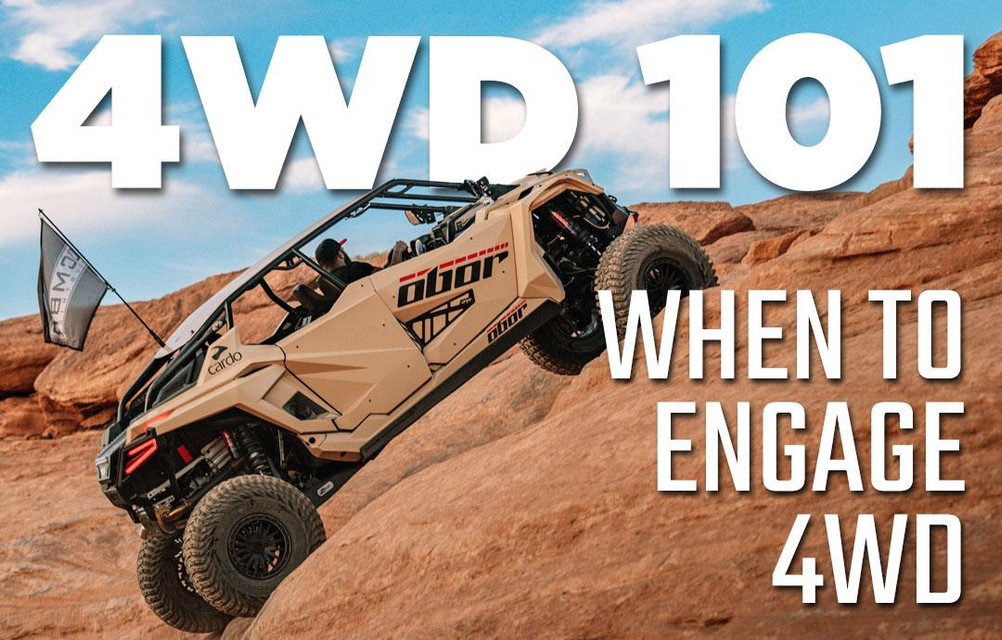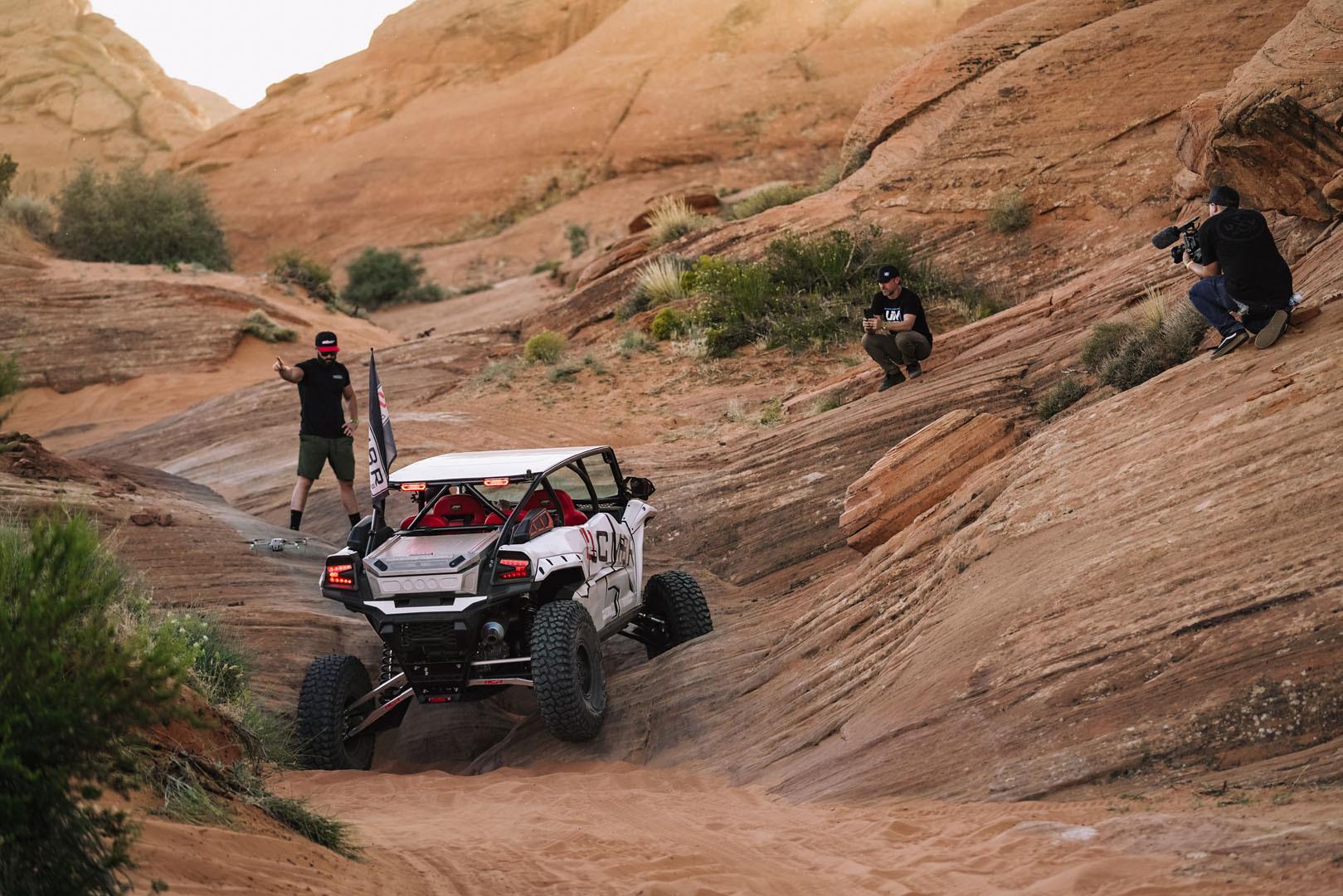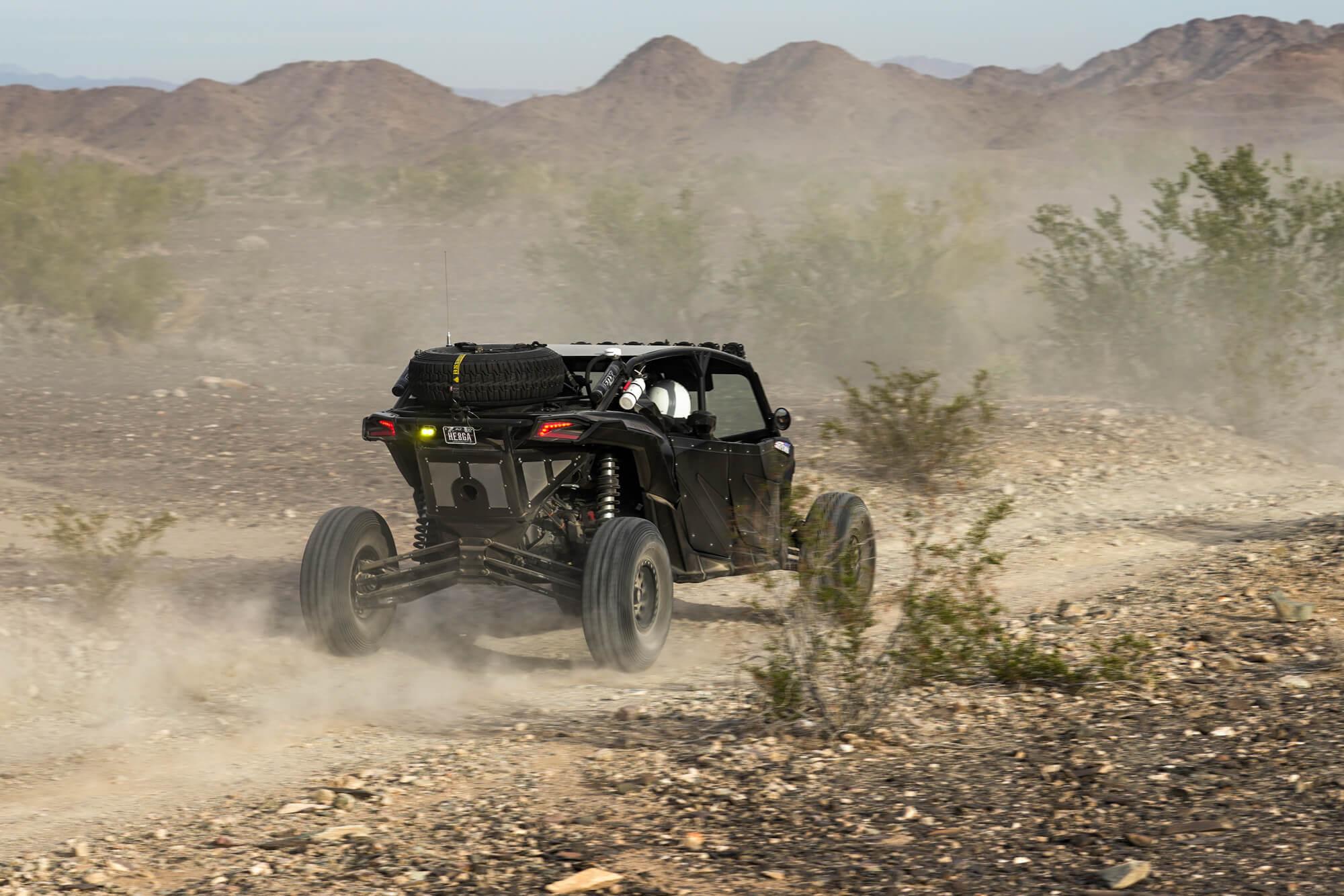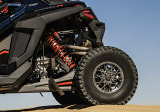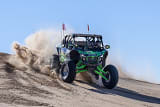4WD 101: When To Engage 4WD
Ever wondered when to shift your UTV into 4WD? Hint: it’s not "all the time." Learning the proper situations and terrain to switch into 4WD can save wear and tear on your driveline, improve control, and keep you moving forward on even the most difficult trails.
A Quick Guide For Drive Modes
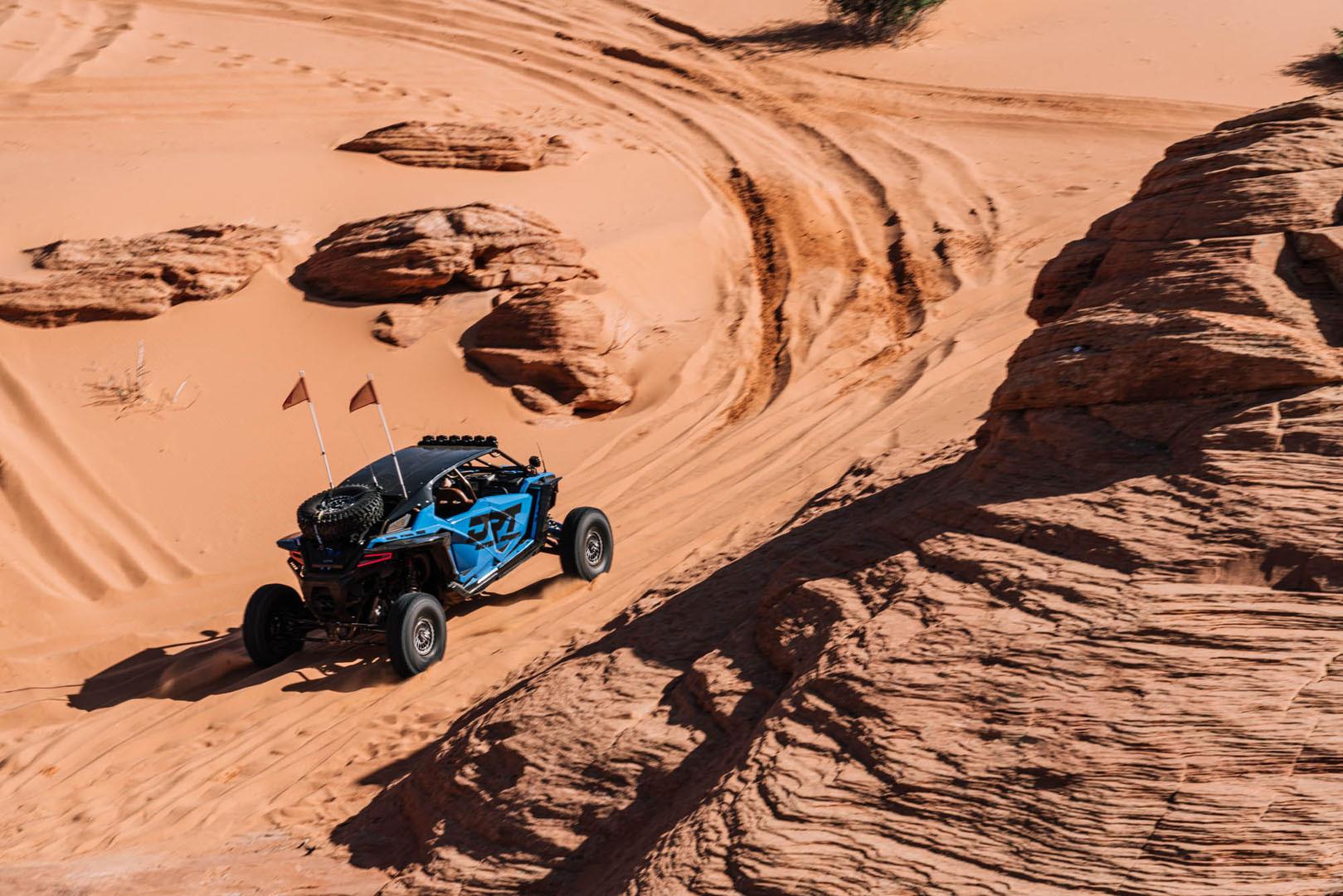
4WD High
✅ Use 4WD High When:
-
You're driving at moderate to high speeds
-
The trail has loose or slippery surfaces
-
You need better traction but not crawling torque
❌ Don’t use 4WD High on:
-
Dry pavement (can cause driveline binding)
-
Tight turns on hard surfaces
-
Slow, rocky, or technical terrain — use 4WD Low there
4WD Low
✅ Use 4WD Low When:
-
Crawling over rocks or rough terrain
-
Climbing or descending steep hills
-
Deep mud, snow, or technical trail sections
❌ Skip 4WD Low if:
-
You're cruising at moderate or high speed (you'll only rev high and waste fuel)
-
The trail is flat, hard-packed, or smooth
2WD
2WD is your go-to mode for everyday cruising when the terrain doesn’t get sketchy. This is where you'll be for most desert or backwoods trails where you'll see hard-packed, dry trails.
✅ Use 2WD When:
-
You’re on flat, dry trails or hard-packed dirt
-
Cruising gravel roads or pavement
-
You want better steering and fuel efficiency
❌ Avoid 2WD if:
-
You’re climbing, hauling, or hitting loose stuff (sand, snow, mud)
-
The trail gets rutted or technical
-
You need more grip to avoid getting stuck
Bonus pro tip for 2WD: Using 2WD in loose terrain is a great option for more advanced drivers who want to steer with the throttle and slide out the rear. It's still recommended to switch into 4WD for steep climbs, wet conditions, or if you notice that you front end keeps plowing instead of floating over the surface.


